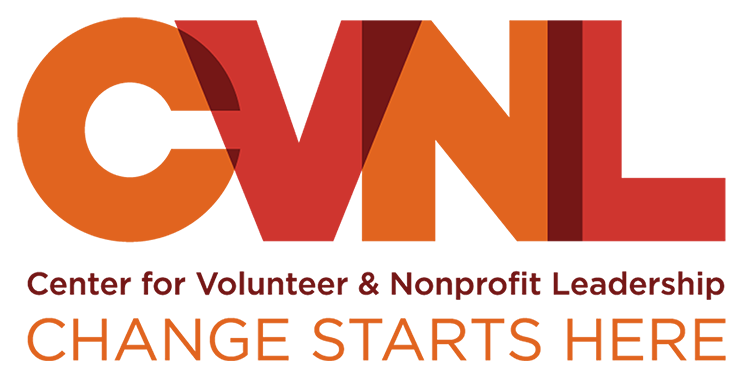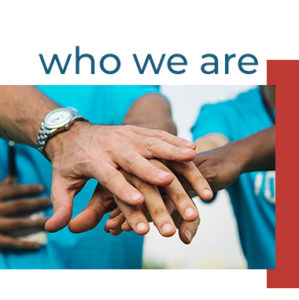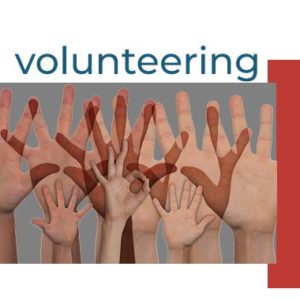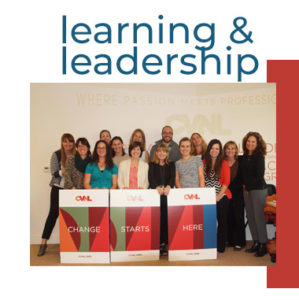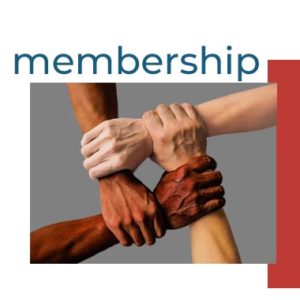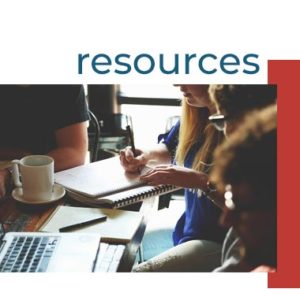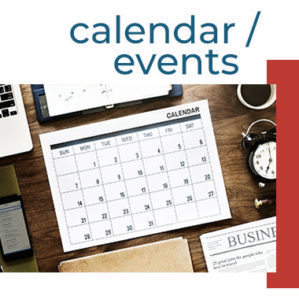Safeguarding DEI Amid Risk and Compliance Challenges – Exclusive Interview with Tom Hayashi
To support nonprofits navigating this evolving landscape, Tom Hayashi, CVNL’s Chief Capacity Building Officer, offers expert insights into how recent trends are shaping DEI work. In this interview, he discusses practical strategies for assessing organizational risk and shares guidance on how nonprofits can stay grounded in their DEI commitments, even in the face of external pressures.
Q1: In light of recent trends in DEI, including but not limited to executive orders and advisory from federal agencies, what are the key impacts on nonprofit operations?
“We’re seeing a real shift in how DEI is approached, especially for nonprofits that receive federal funding or operate in politically sensitive environments. There’s increased caution around how DEI is framed, with some organizations revisiting their policies, language, and even funding strategies to ensure compliance and minimize legal exposure. This environment is pushing nonprofits to be more thoughtful and intentional about how they implement DEI in programming, communication, staff hiring and advancement practices to ensure that they are not viewed as being exclusionary or promoting reverse discrimination.”
Q2: What strategies do you recommend for nonprofits to conduct risk assessments of their DEI initiatives?
“A great place to start is by doing a thorough review of your DEI plans, policies, communications, programming, and HR management. Bring in cross-functional teams—including legal advisors, HR, and program leads—to assess where language or practices might be interpreted as exclusionary or noncompliant. Look for ways to align your DEI goals with broader values like fairness, access, and equity, and be proactive in identifying where adjustments might be needed without compromising your mission. If there are federal agencies that have sent e-mails/letters that is not clear, ask for clarification and consider at minimum a response.”
Q3: What are examples of impact on operations, programs, and external communication and marketing with this recent DEI trend?
“Operations may need to pivot from highly targeted, identity-specific approaches to more inclusive strategies that emphasize access for underserved groups without singling out specific identities–vender selection or personnel hiring. Programs might be restructured to demonstrate equitable outcomes rather than just equitable intent. On the marketing side, organizations are becoming more cautious with language—using terms for programs, etc. like ‘equal opportunity,’ ‘access for all,’ or ‘inclusive excellence’ to reflect their values while navigating the evolving legal and social climate.”
Q4: How do you view the reframing of DEI initiatives to align with ‘equal opportunity’ rather than identity-based inclusion efforts?
“Reframing DEI to focus on ‘equal opportunity’ can be a smart move—it helps ground your work in values that are broadly supported and legally defensible. While it may feel like a shift away from the more direct inclusion of specific communities, it’s really about being strategic with language while still doing the work. It’s possible to honor and support marginalized groups under this broader umbrella, as long as your actions reflect your core equity commitments. Some organizations are avoiding diversity all together and more focus on ‘equity and inclusion.'”
Q5: What are your recommendations for nonprofits to maintain their commitment to DEI initiatives amidst challenges?
“Stay grounded in your mission and values. Even as external pressures rise, there’s still plenty of room to advance equity—just with more nuance. Keep educating your board, staff, and stakeholders on why this work matters, and be transparent about how and why you’re adapting your strategies. Most importantly, continue to listen to the communities you serve and make sure they remain at the heart of your decision-making.”
Meet Tom Hayashi
Tom comes to CVNL with over 20 years of fundraising, senior management, and consulting experience which represents direct engagements with over 100 organizations on an array of capacity-building projects and programming.
He proudly identifies as a cis-gendered gay Asian Pacific Islander, first-generation immigrant, former foster youth, and first in his family to graduate from college. He finds his passion for social and ecological justice in his personal background, cultural identity, mindful practices, and relationships with the community.
Immediately prior to joining CVNL, Tom served as the Chair and Program Director of the Department of Leadership and Management (DLM) consisting of graduate-level degree programs at Saybrook University, and Associate Professor of Human Resources of Bovard College at the University of Southern California (USC). Tom’s professional highlights include leading public policy and advocacy efforts in Washington DC during the Obama administration and serving as the Executive Director for OCA-APA Advocates a national civil rights organization representing the Asian Pacific Islander communities. He is often sought as a diversity, inclusion, and equity speaker, trainer, and consultant specializing in diversity readiness assessments, equity-oriented leadership development, and cultural humility programming.
Tom has earned his doctorate and a master’s degree from Fielding Graduate University in Human and Organizational Systems, a master’s in Education from California State University East Bay, and a bachelor’s in Liberal Arts from Thomas Edison State University. His past and present professional credentials include Certified Management Consultant through the Institute of Management Consultants, Associate Certified Coach from the International Coaching Federation, Certified Master Coach from the Center for Coaching Certification, and Certified Fundraising Executive from CFRE International. He is an active member and contributor of the American Psychological Association, Society for Human Resources Management, the Nonprofit Consultants Network of the Institute of Management Consultants, and the Organizational Development Network.
On a personal note, he continues his love affair with the outdoors, being a shameless foodie, and a dog dad to his 10-year-old Basenji-Chihuahua mix named Jhak. He is based in Oakland, California.
Check out our Microtraining here.
